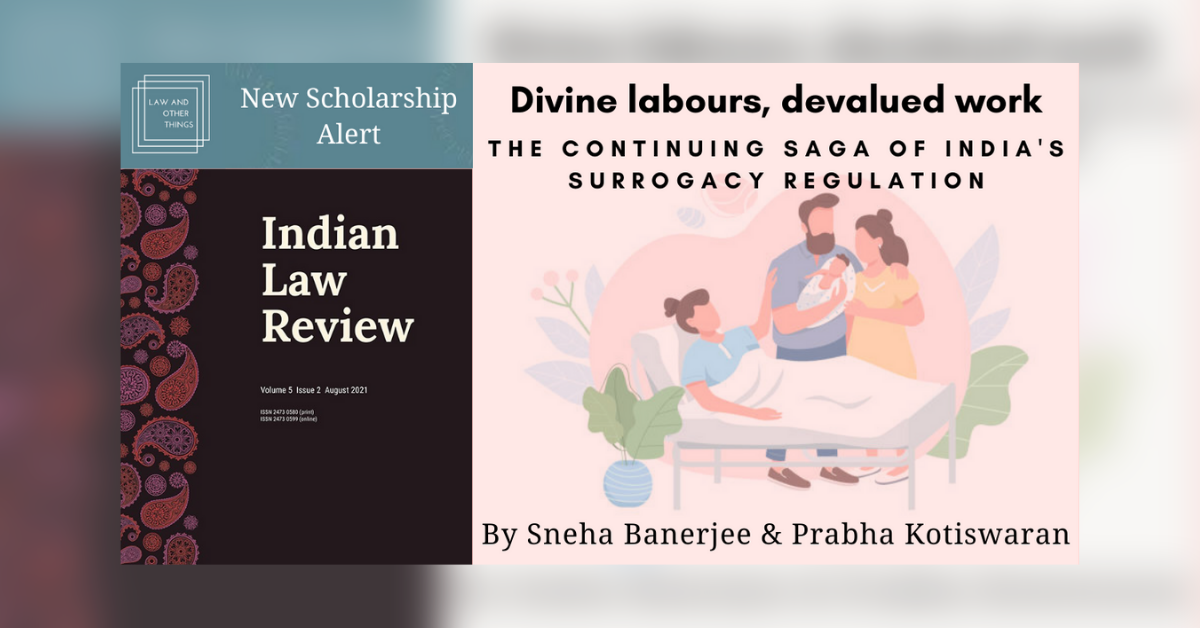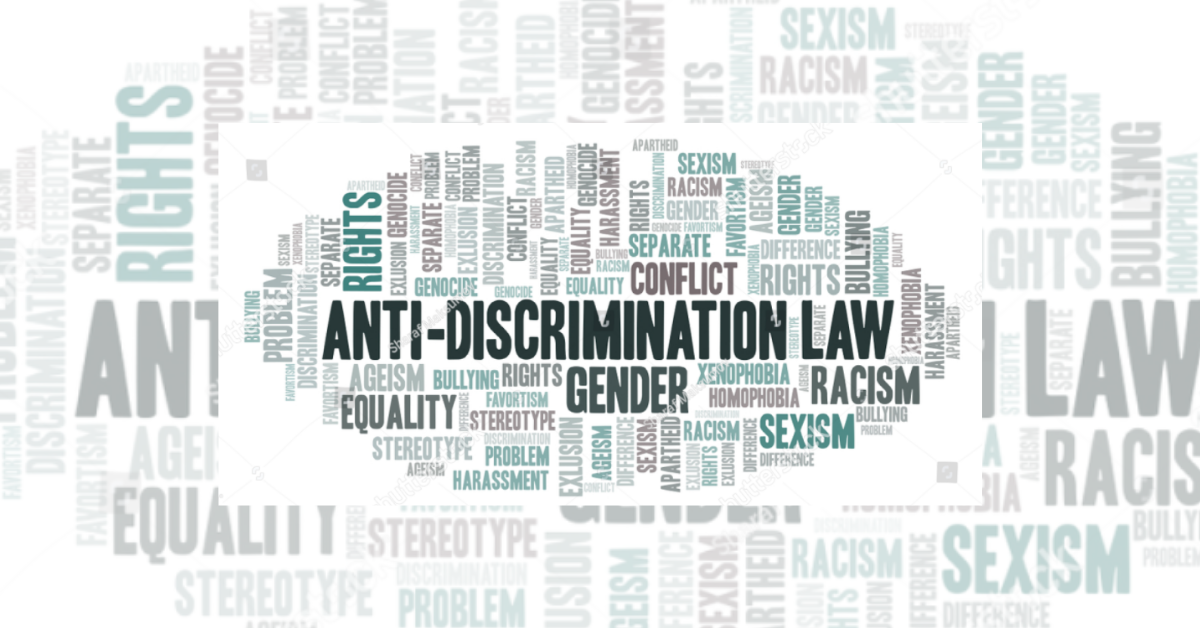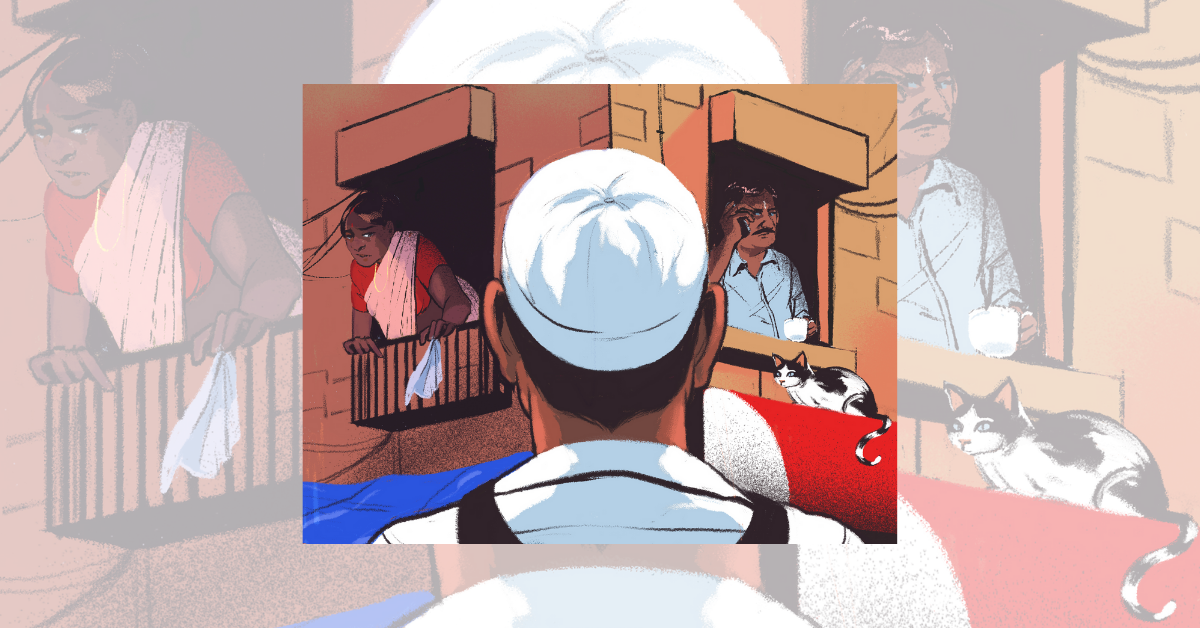Ed Note: As part of our New Scholarship section, we have been inviting discussants to respond to the public law themed articles featured in Volume 5 the Indian Law Review. You can access all the...
Ed Note: As part of our New Scholarship section, we have been inviting discussants to respond to the public law themed articles featured in Volume 5 the Indian Law Review. You can access all the...
Ed Note: As part of our New Scholarship section, we have been inviting discussants to respond to the public law themed articles featured in Volume 5 the Indian Law Review. You can access all the...
[Ed Note: As part of our New Scholarship section, we have been inviting discussants to respond to the public law themed articles featured in Volume 5 the Indian Law Review. You can access all the...
In this piece, the author makes an attempt to remind the readers about the absence of cultural dissent in the landmark Hindutva decisions and the academic scholarship built upon it.
The present constitutional provisions that provide protection against different forms of discrimination fall short of recognizing and doing complete justice to the victims of intersectional...
The Constitution recognises the threat of private discrimination, and prohibits it in its text. But what's the right principle to detect it? Thulasi K Raj argues for the principle of 'public...
Inter-faith marriages are considered taboo in India, a country predominately influenced by religious proponents and teachings. Several laws have been drafted on this subject-matter, with the most...
Prof. Ballakrishnen responds to the comments from Akshaya Kamalnath, Nida Kirmani and Hemangini Gupta on their book Accidental Feminism: Gender Parity and Selective Mobility among India’s...
This piece examines the recent move towards legal recognition of same-sex marriage and the petitions filed in different High Courts. it also elaborates on the divergent arguments made in favour of...







